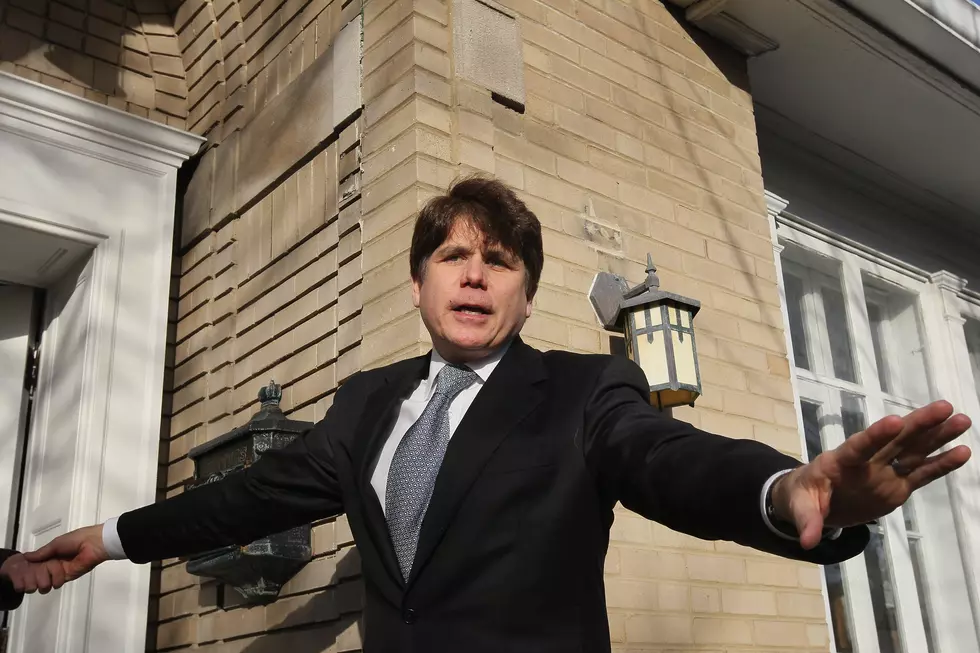
Illinois Pension Reform Law Ruled Unconstitutional
The Illinois Supreme Court has dealt another blow to Illinois' dismal financial picture, unanimously ruling that the state's pension reform law is unconstitutional.
The measure was approved by the legislature and signed in December 2013 by then-Gov. Pat Quinn. It was aimed at gradually reducing Illinois' worst-in-the-nation unfunded public employee pension liability, pegged at at least $100 billion dollars. According to the Tribune:
The law called for curbing automatic and compounded annual cost-of-living increases for retirees, extending retirement ages for current state workers and limiting the amount of salary used to figure pension benefits...[Current] state spending on pensions [already] amounts to almost a quarter of every tax dollar that goes into the state's general bank account.
On my reading of the opinion, a large part of the court's argument hearkens back to a question asked by Justice Thomas at the oral arguments for the case: As long as lawmakers have the ability to raise taxes is there ever a true fiscal emergency? The answer, as you can see below, is "no":
This puts even more pressure on lawmakers who are trying to come to an agreement on a 2016 budget plan that is $6 billion out of balance at this point. But it also might strengthen Gov. Bruce Rauner's call for serious reforms. The Court has now told us if lawmakers (some significantly bankrolled by unions) sign awful contracts that are virtually impossible to fulfill they are putting taxpayers on the line to pay what they promise forever. No matter what. Period.
At this point it's back to the drawing board on pension reform ideas.
More From WROK 1440 AM / 96.1 FM





![Rick Perry Pledges To Stay In Race Despite Money Woes [AUDIO]](http://townsquare.media/site/671/files/2015/05/473654906.jpg?w=980&q=75)

![Rep. Kinzinger Weighs In on Recent Supreme Court Decisions [AUDIO]](http://townsquare.media/site/671/files/2014/04/136091966.jpg?w=980&q=75)

